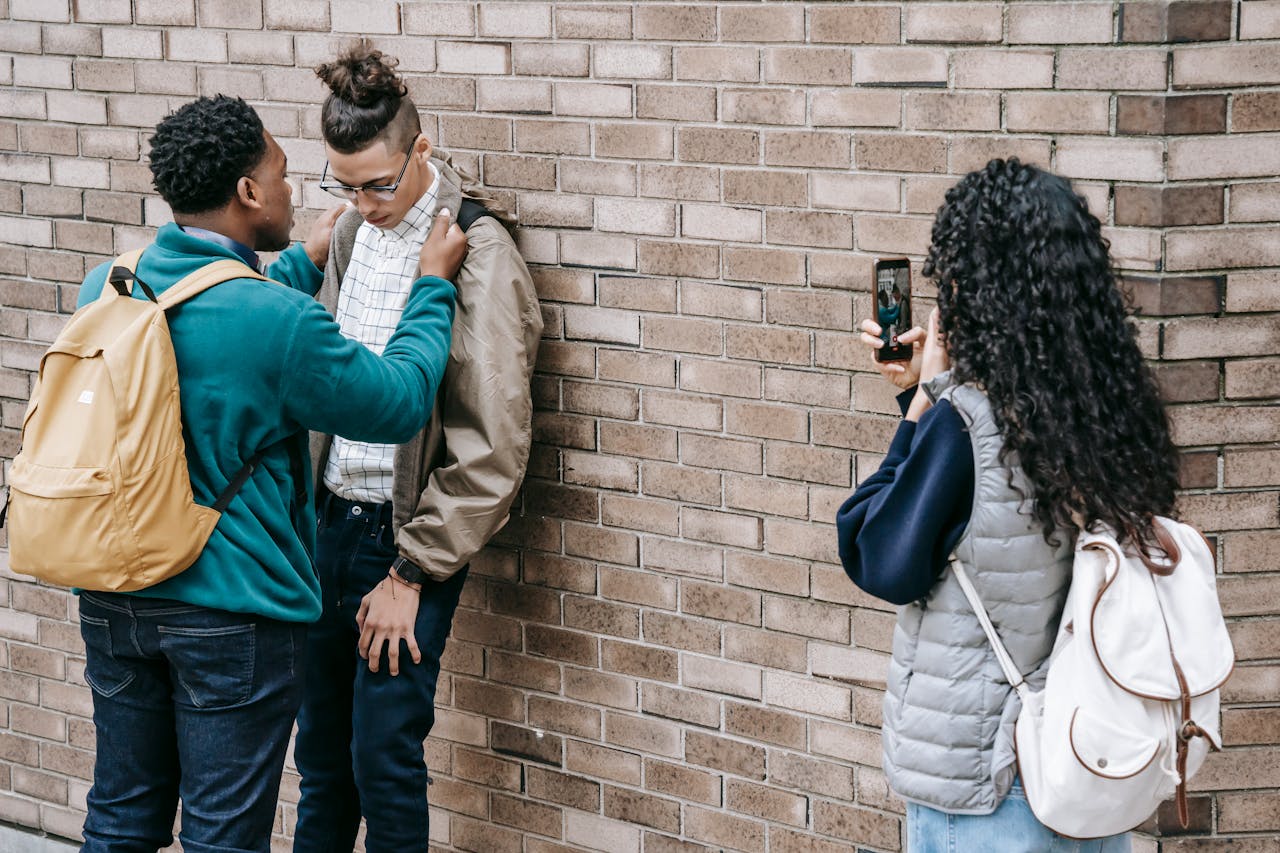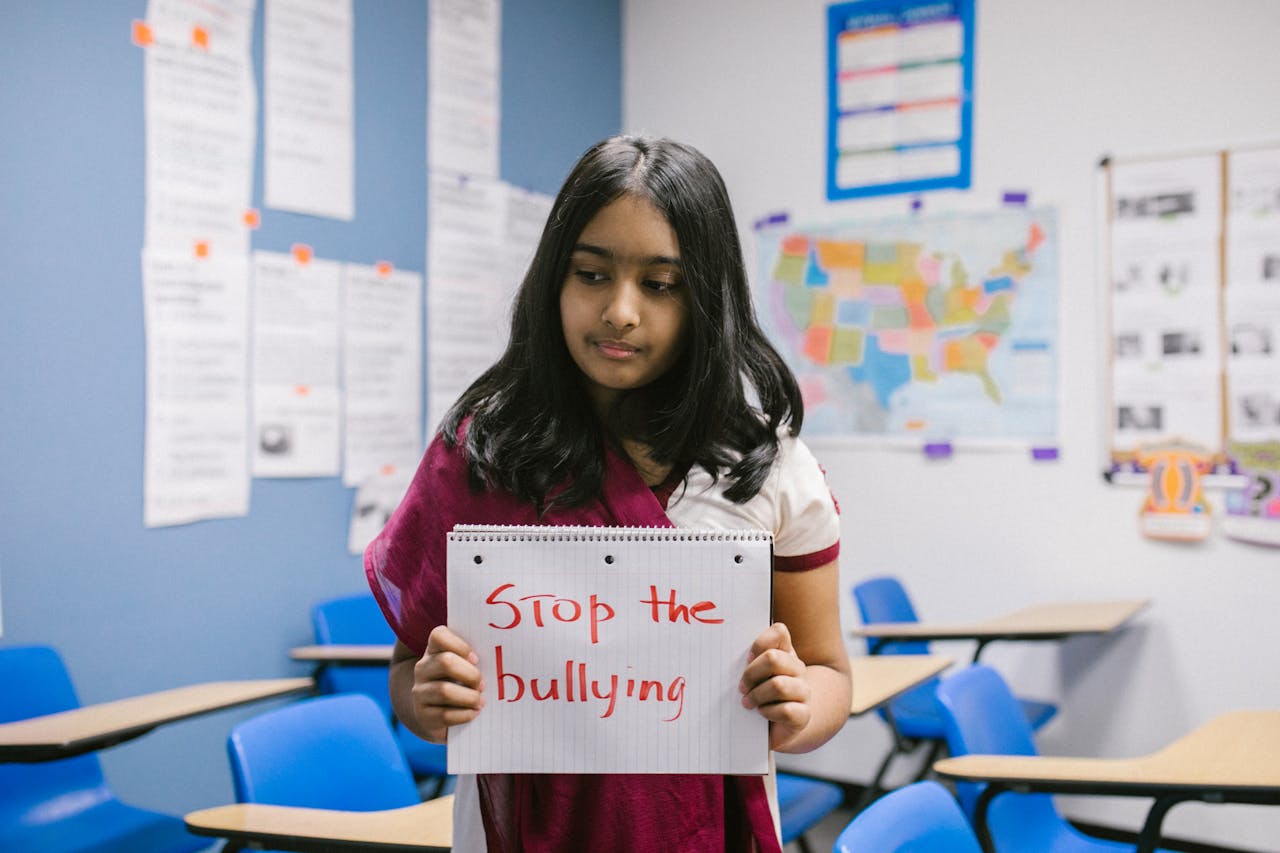
Why HIB Cases Often Require Expert Witnesses
Key Takeaways
- Experts analyze, classify incidents, and opine on what exactly happened
- They help establish whether prevention and response protocols met or violated the standards governing how institutions should address incidents
- They can substantiate the harms caused by incidents and whether the institutions’ actions or inactions were the probable cause of the harm.
- Psychologists and education safety experts are the most highly sought in these cases.
HIB cases in US and Canadian schools and youth-serving organizations are rarely straightforward. Without specialized knowledge in educational environments and child behaviors, litigants may find it challenging to evaluate key variables such as the nature of incidents, applicable standards, and how a child was affected. HIB case expert witnesses are key to understanding the facts involved.
This article closely examines the role of an expert witness in an HIB case. We include commonly asked questions such as “What are HIB laws?” and “What is a HIB investigation?”
Understanding Harassment, Bullying, and Intimidation in Institutions
The success of a claim or defense in HIB cases hinges on proving that HIB did or did not occur. State laws are clear enough on the definition, but how HIB manifests in schools and child agencies is far less straightforward. For instance, expert witnesses acknowledge the blur between peer conflict and HIB.
HIB vs. Student Conflict
HIB cases in US and Canadian institutions encompass various intentional, unwanted electronic, physical, written, or verbal acts meant to hurt someone. Conflict typically involves mutual disagreement. What is being framed as bullying might simply be student conflict.
This is exemplified in W.D. and J.D. v. Board of Education of the Township of Jefferson, where a classmate allegedly used the N-word on a student of color. It was determined that although the behavior was inexcusable, it did not constitute HIB under the New Jersey Anti-Bullying Bill of Rights Act since the group of students mutually agreed to name-calling and using vulgar language at each other. Moreover, the act did not affect the student’s education or safety.
Experts Help Classify Incidents
HIB cases in the US can be intricate without specialized knowledge about educational or child-care settings. For instance, it is easy to see HIB as repeated, aggressive behavior, but an expert in education safety or psychology can deduce, from professional experience, subtler patterns, like a student group using rotating roles in harassment to avoid detection.
The role of an expert witness in a HIB case involves demystifying what is normal child behavior, what is abnormal, and what is professionally unacceptable. They can offer insights into whether the behavior is consistent with HIB within the context of professional standards.
Understanding the Professional Standards of Care in HIB Matters
HIB cases in the US require parties to prove that the institution followed protocol or failed to take reasonable action to prevent or respond to the incident. This requires understanding applicable standards. Legal and professional standards shape school responsibility in HIB matters.
What are HIB Laws?
While there are generally no constitutional protections against HIB, state laws typically outline student rights and how institutions are expected to handle incidents.
However, it is essential to note that applicable standards hinge on how the incident is framed. Where negligence or protected characteristics like sex or disability are involved, HIB cases may need to be treated and addressed under civil rights laws such as Title IX, ADA, and IDEA.
“In my experience, I have noticed that even when attorneys know their state’s HIB statute inside out, the real challenge is proving exactly how schools should apply it in context. That’s where cases fall apart or prevail.”
John F. Doherty, lead expert witness of School Liability Expert Group.
Experts Clarify What is Expected of Institutions
A firm grasp of the laws and industry norms is vital to understanding how a competent school or reasonable administrator would have acted to prevent or address incidents. The role of an expert witness in an HIB case is to explain the institution’s legal and ethical responsibility to protect children.
HIB Prevention and Response Protocols
During HIB cases in the US and Canada, it is necessary to establish whether the school or agency acted responsibly in preventing, reporting, responding, and investigating. An HIB expert witness might evaluate certain elements that help shed light on liability. These include:
- Policy formation: Whether the school had an effective anti-HIB policy in place.
- Awareness: Whether the policy was well disseminated to students and staff.
- Staff instruction: Whether the staff was sufficiently trained to recognize and respond to incidents.
- Reporting: Whether the child, parents, or school staff reported the incident
- Foreseeability: Whether there were warning signs that a child might be harmed
- Response: Whether the school responded to complaints or suspicions promptly and effectively
- Compliance: Whether the school followed its own policy and professional standards
- Investigation: Whether investigations were appropriate, timely, and unbiased
- Classification: Whether a competent administrator would have recognized this as HIB and not student conflict
- School culture: Whether this was an isolated incident or a culture of tolerance for HIB existed.
The role of an expert witness in an HIB Case is to delve into these factors to help courts understand liability.
What is an HIB Investigation?
State and district policies often define steps that schools and agencies must take to investigate reported HIB cases. While generally jurisdiction-dependent, HIB investigations generally comprise these steps:
- Logging the complaint in the HIB Incident Reports Form
- Notifying the alleged victim’s parents
- Interviewing the target, perpetrator, and any witnesses
- Collecting digital evidence
- Documenting all information fully
- determine if the action is HIB or not
- Notifying parents of all involved children of findings
- Assigning corrective actions
The role of an expert witness in an HIB Case is to explain whether the process was appropriate in relation to standards, including timelines and other details.
Impacts of HIB
In HIB cases in the US and Canada, courts require proof of how incidents affected a child physically, emotionally, academically, socially, or in other ways, and whether the actions of the institution directly caused the harm.
Experts with experience in the field are in a better position to substantiate this with real-world evidence. They might explain that attendance changes, academic decline, social withdrawal, and anxiety are consistent with harm from sustained HIB.
Types of Experts in HIB Cases
Choosing the right expert can be the difference between winning and losing a HIB case in the US. Commonly sought experts include:
- Child psychologist: Explain patterns of bullying and trauma, and psychological and social impacts on a child.
- Education safety expert: Evaluate school policies, acceptable prevention and response measures, and educational impacts of incidents.
Find HIB Expert Witness Services
HIB cases require specialized fact-finding. An expert versed in child behaviors and settings can bring more clarity and credibility to your case.
School Liability Expert Group has a court-qualified education expert witness team ready to provide expert testimony, reports, and consultations to plaintiff and defendant attorneys navigating HIB cases in the US and Canada. Our Harassment, intimidation, and bullying expert witnesses know this area inside out and know what to look for. Hundreds of law firms have sought and praised our expertise. Book a call today to discuss how we can help with your case.
FAQs
What is HIB in education?
HIB in education involves any intentional electronic, written, verbal, or physical acts meant to harm someone, and where perpetrators typically seek to control, instill fear, or target protected characteristics. It includes cyberbullying, hitting, shoving, social exclusion, gossip, teasing, name-calling, damaging personal property, demeaning jokes, public humiliation, and insults, among other conduct.
What evidence do you need for bullying cases?
Digital evidence, witness statements, incident logs, timelines, school attendance and academic records, policies, school culture, supervision patterns, medical or psychological records, and expert witness testimony are some forms of evidence in HIB cases.
How to pick an expert witness?
Attorneys often use the four pillars of an expert witness as a starting point for choosing a reliable expert. In addition, they vet them against expert witness standards, including Daubert and Frye Standards.



